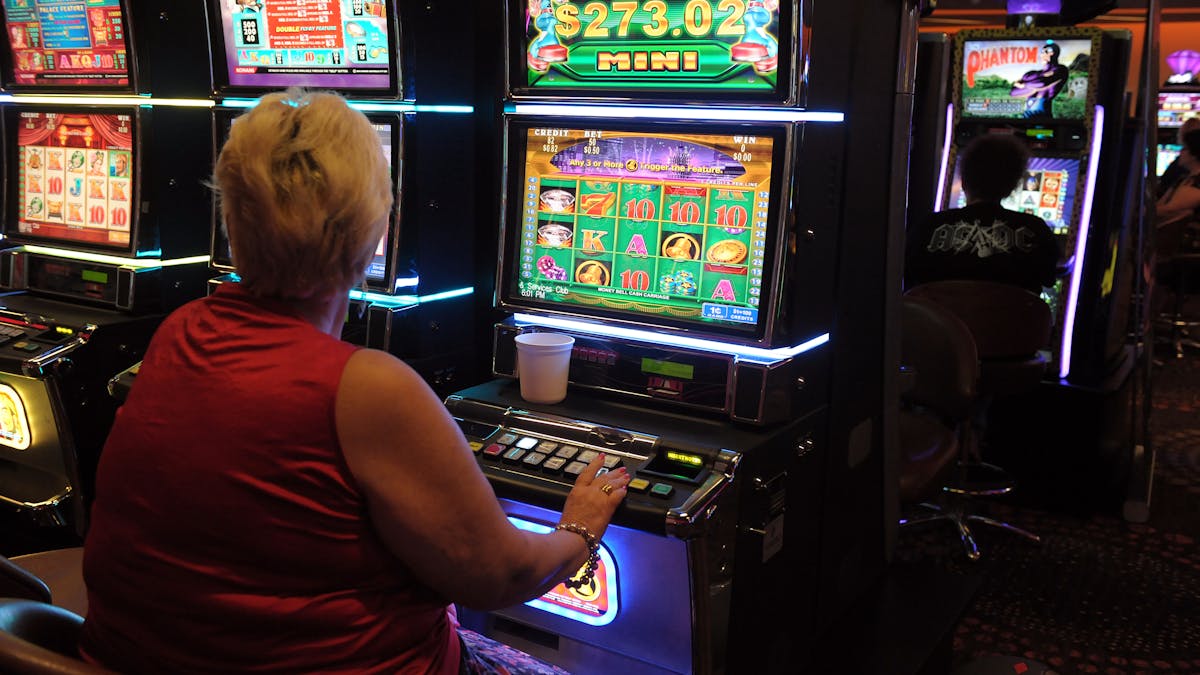
Currently, online casinos have become more popular than their brick-and-mortar counterparts. Studies have revealed that many gamblers globally prefer playing on online casinos to cater to their gambling needs. However, in the beginning, it was not so.
In the past, individuals had to travel to a land-based casino to play their favorite games. But, thanks to technological advancements like the internet, you can enjoy your favorite games from the comfort of your home. The internet paved the way for online casinos, which revolutionized the casino industry.
Related Post: How to Evaluate Real Money Online Casinos?
Nowadays, there are countless online casino options for players to choose from. In this regard, you need to read reviews on an online casino before joining it. Click here for an excellent resource for Indian players looking for the best online casino games. So, why have online casinos become very popular today?
They Are Convenient
Convenience is undoubtedly the top reason why many people prefer online casinos over land-based casinos. Online casinos eliminate the need for individuals to dress up and drive to a casino. Instead, you can access your favorite casino from the comfort of your home at whatever time.
Another dimension of the online casino’s convenience is the fact that you can access it from multiple devices. For instance, you can play your favorite games from your smartphone, laptop, and tablet.
Additionally, playing on online casinos is a straightforward affair. You only need an internet connection and your preferred device. Online casinos also offer many options.
Also Read: All you need to know about lateral flow tests
They Are More Exciting
Online casinos are also more exciting than land-based casinos. Studies have shown that many people prefer online casinos because of the adrenaline drive. Thanks to advanced technology, game developers are able to develop games with cutting-edge technology making them more immersive.
For instance, advanced graphics and sounds usually give the players an awe-inspiring and fun experience. Moreover, it also offers the thrill of the risk of losing or winning money like a physical casino.
Online casinos Gambling industry
They Are Versatile
The versatility offered by online casinos is unmatched. Players have the opportunity to discover different types of games that they have never played in land-based casinos. For example, a single top-rated online casino can have more than 1000 games for its members to choose from.
Besides that, players don’t have to line up at a table waiting for their turn to play. They simply choose a game with the click of a button and start playing. You can also switch between games without having to leave your table.
They Are Safer
The safety that online casinos offer their players has also made them very popular among gamblers. Software developers take the security of the players very seriously when designing online casino games.
Additionally, online casino operators have invested heavily in encryption technologies that protect their members’ confidential information. Third parties cannot access all the information you input in the online casino.
They Offer Lots of Promotions and Bonuses
As mentioned earlier, there are many online casinos for you to choose from. In this regard, the competition has become very high among online casino operators.
Online casinos have introduced competitive offers to attract users to their platforms. These offers have made the casinos very popular. Examples of standard online casino bonuses include:
Welcome bonus
Reload bonus
Free Spins offers
Weekend bonuses
Personalized bonuses such as birthday bonuses and anniversary bonuses.
Also Read: 5 Steps for Successfully Marketing Your Business
They Have a Wide Range of Payment Options
Land-based casinos have limited payment options. On the other hand, online casinos usually provide their members with a wide range of payment options to choose from. Gamblers from different parts of the world will find a payment option friendly to them. Moreover, most online casinos accept your local currency, unlike brick-and-mortar casinos, where you must use a specific currency to wager.
The introduction of Cryptocurrencies has been a game-changer. Many online casinos accept their players to use Cryptocurrencies such as Bitcoin and Ethereum. This development is an excellent addition to the industry as it comes with numerous benefits. For instance:
Cryptocurrencies are based on blockchain technology, which is regarded as unhackable.
The technology also allows players to wager without revealing their identity, unlike other payment options. Players who value their privacy find this feature very appealing.
Cryptocurrencies also allow players to transact almost instantly while depositing and withdrawing from online casino player accounts.
Final Thoughts
There is no doubt that the future of gambling is online. Online casinos have numerous benefits that make them very attractive to gamblers globally. Their popularity has led to an increase in the number of online casinos and players in different parts of the world.
One effect of this popularity is increased revenues for online casinos. In this sense, online casinos can pay their players massive amounts of money in terms of winnings. Lastly, technological advancements will help to propel the industry to unprecedented heights.

 A new wave of casino liberalisation is sweeping Australia. The Queensland state government has announced that it is seeking expressions of interest for a casino development in Brisbane, and that it is considering offering two further licenses.
A new wave of casino liberalisation is sweeping Australia. The Queensland state government has announced that it is seeking expressions of interest for a casino development in Brisbane, and that it is considering offering two further licenses.